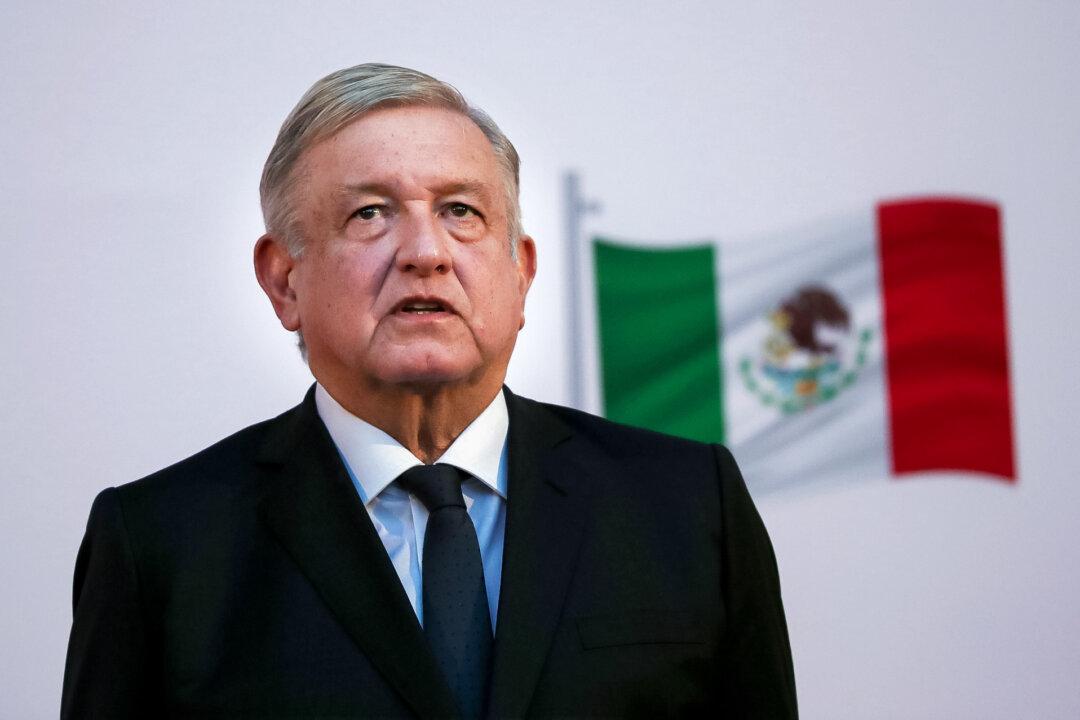Mexican President Andres Manuel Lopez Obrador has announced a halt in relations with the U.S. and Canadian embassies after their ambassadors raised concerns over his judicial reform proposal.
Lopez Obrador said on Tuesday that the embassies will have to be respectful of Mexico’s sovereignty for relations to be reestablished. He did not elaborate on the potential effect of the pause.





